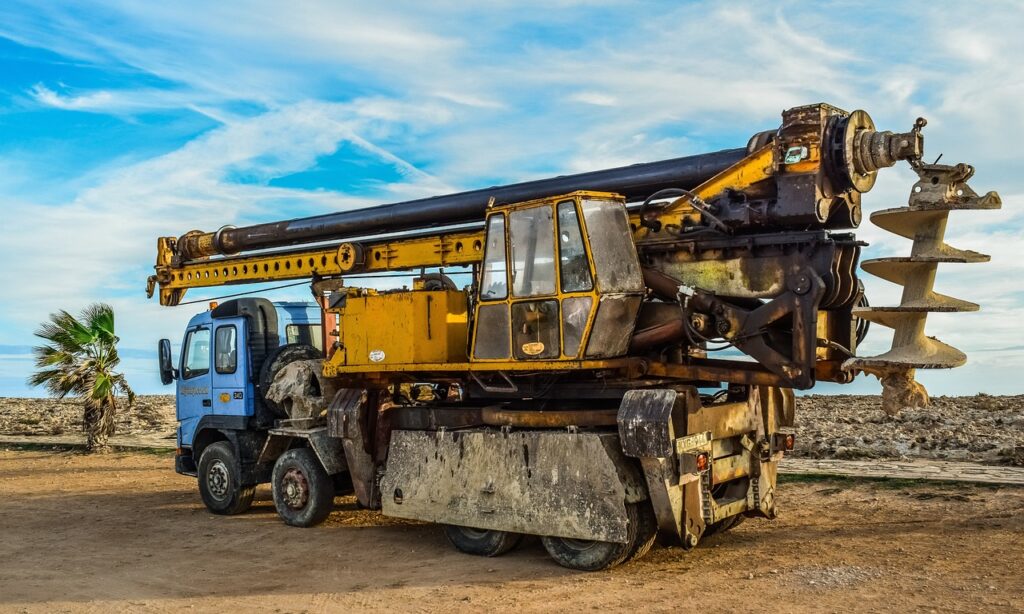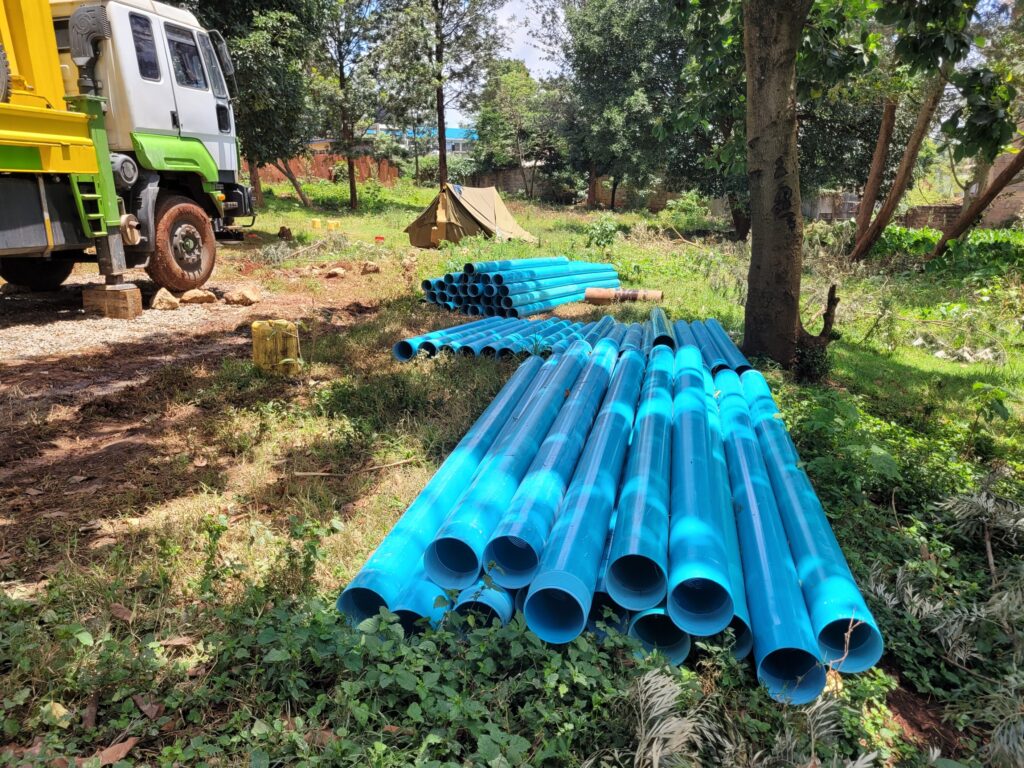Welcome to Bonvic Drilling!
Today, we’ll discuss something very crucial to understand if you’re considering getting a borehole: the hydrogeological survey.
That’s a huge phrase, but don’t worry, we’ll explain it in simple terms!
Imagine you are on a treasure hunt.
You wouldn’t dig without a map, right?
That’s because a map makes it easier to find the treasure and assures you’re digging in the correct location.
A hydrogeological survey functions similarly to a borehole map! It assists us in finding water underneath by indicating where and how deep we should dig.
1. Finding Out if There’s Water Underground

One major reason we conduct a hydrogeological assessment is to ensure that water is beneath the ground before we excavate.
The study allows professionals to determine whether there is adequate water in the ground before digging a hole.
No water means no borehole, and we want to ensure your satisfaction with your investment.
Also read How Much Does Borehole Drilling Cost in Kenya?
2. Knowing How Deep to Dig
Once we know water is beneath, we must determine how deep we should dig to reach it.
The hydrogeological survey assists us in determining the optimal depth so that we do not dig too shallowly and miss the water or too deeply and waste money.
Consider digging in the sand at the beach; you must dig just the proper quantity to reach wet sand or, in this case, water!
3. Making Sure the Water is Clean
Not all groundwater is suitable for drinking or farming. Some water may have an excessive amount of salt or other contaminants, rendering it dangerous.
A hydrogeological assessment allows professionals to determine whether the water is pure and safe to use.
We don’t want someone going to the trouble of digging a borehole just to discover that the water isn’t good.
Also read What is Casing in Borehole Drilling?
4. Checking for Risks

Drilling can sometimes produce problems, such as making the earth hazardous or encountering hidden faults (cracks underground).
The study can identify if there are any concerns like this, allowing us to avoid mishaps and ensure that your borehole lasts an extended period.
5. Following the Rules
In Kenya, there are procedures that must be followed before drilling a borehole.
The government frequently requests a hydrogeological survey to guarantee that everything is done appropriately. This implies that we require approval, and the survey ensures that we’re following all the rules.
6. Saving You Money in the Long Run
A hydrogeological survey may seem like extra effort, but it could result in significant savings in the long run.
If we know precisely where to dig and what to expect, the borehole will require fewer repairs, and you will not have to pay for mistakes or repeat the process.
Conclusion
So, a hydrogeological survey is like a treasure map that guides us to the optimum place to dig for water. It tells us where to find water, how deep to dig, whether it is clean and safe, and helps us follow the rules. It also saves you money.
At Bonvic Drilling, we believe in doing things correctly from the beginning, and a hydrogeological study is the first wise step in obtaining a borehole that functions well and lasts long.
Also read Top Locations for Artesian Wells in Kenya
Contact us today to learn how we can help you access the water your community needs!
You can find us on Facebook, YouTube, and TikTok for more insights and success stories.



Pingback: Can Water Be Found in Rocky Areas?
Pingback: Why Gravel Matters in Borehole Drilling